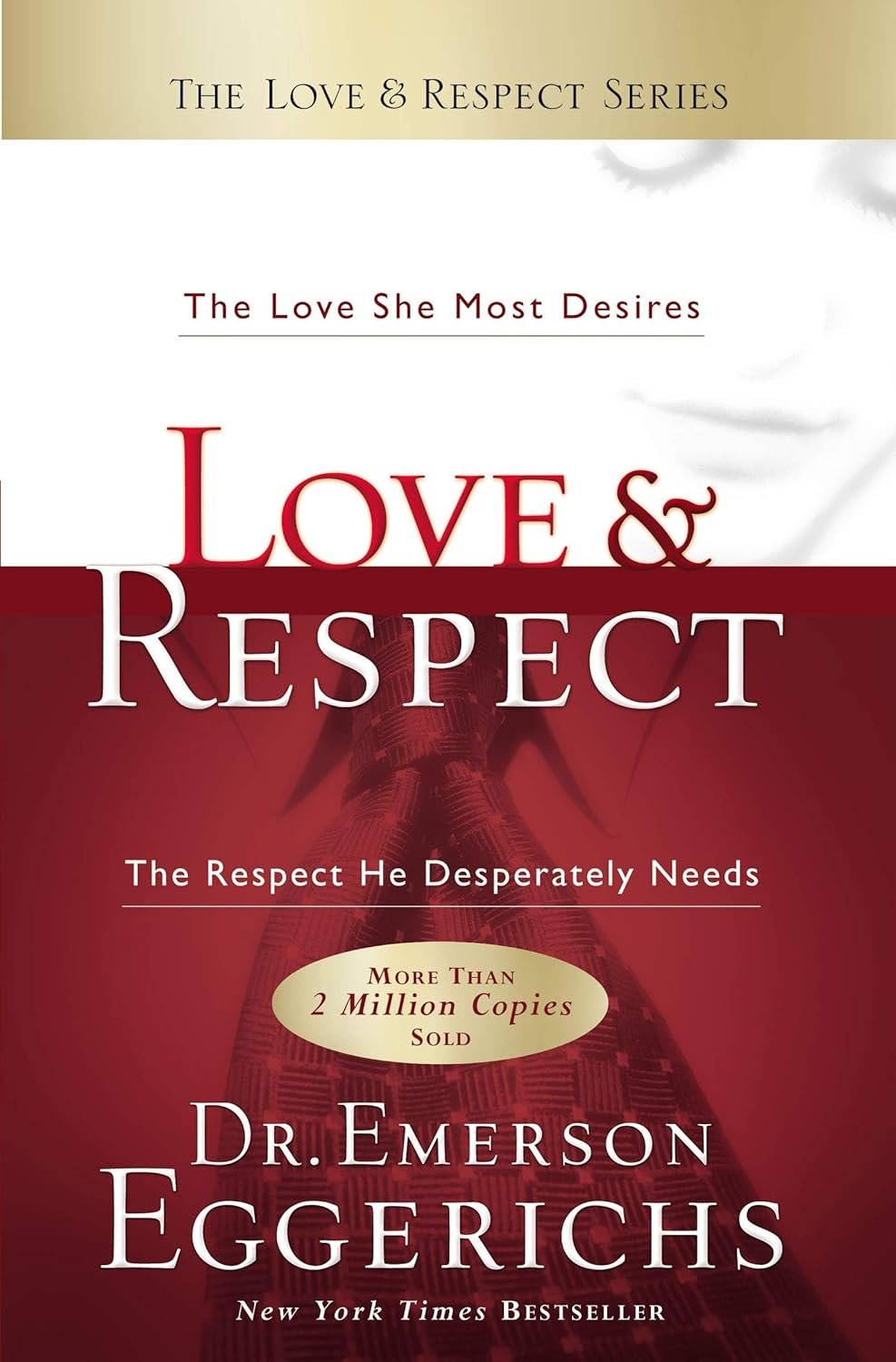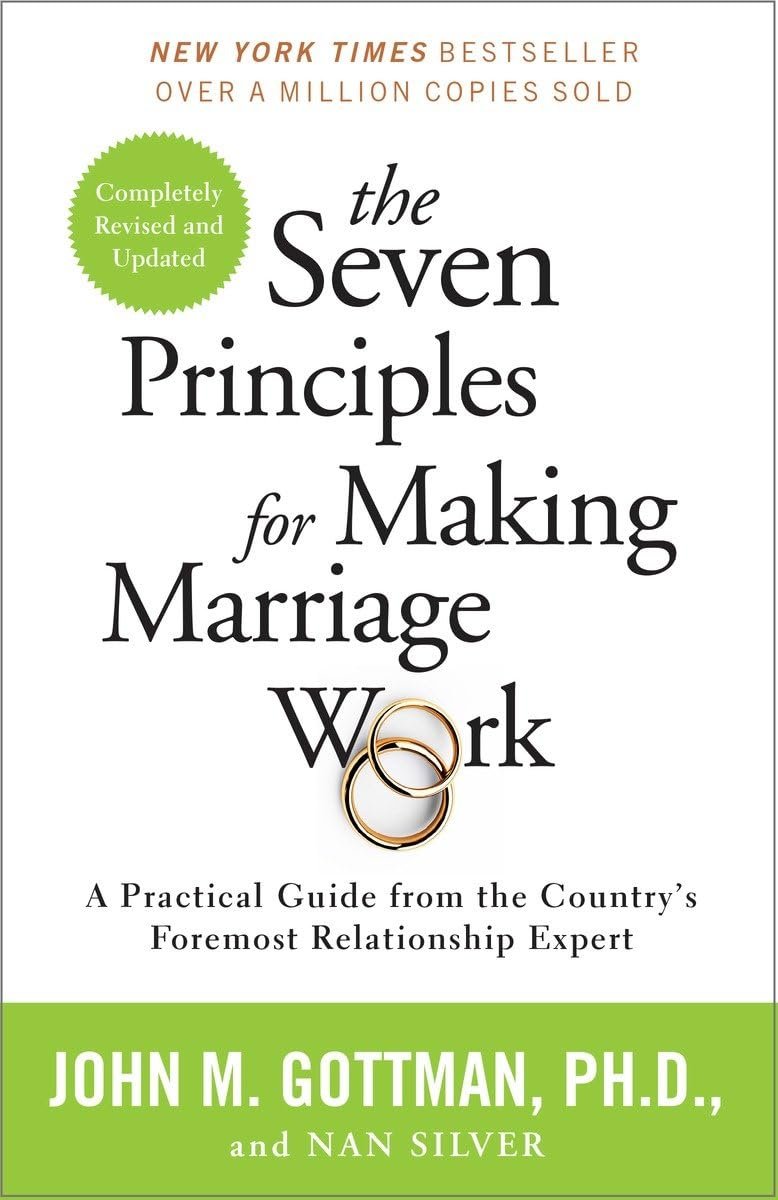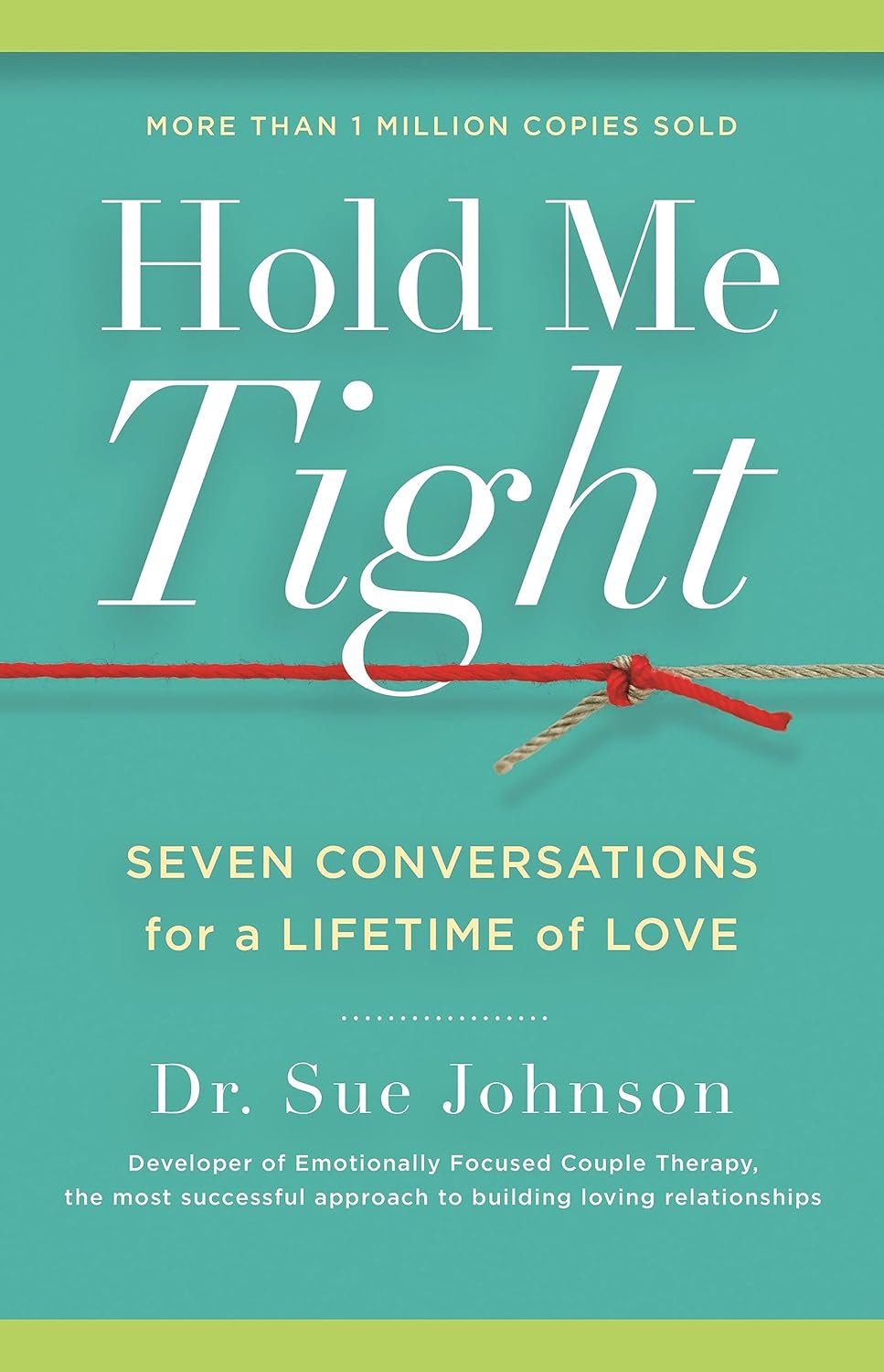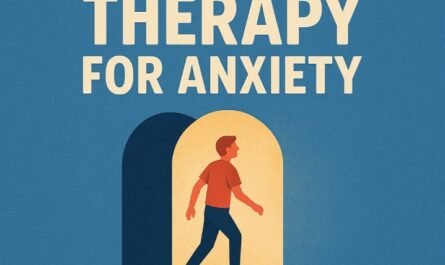You might feel trust for your partner — but do you show it?
Learning to express trust turns quiet confidence into visible reassurance that deepens connection.
Verdict: Trust isn’t only built through reliability — it’s sustained through expression. When you show appreciation, communicate belief in your partner’s integrity, and let go of control, your relationship becomes safer and more fulfilling.
Why this matters: Expressing trust reduces defensiveness and anxiety in relationships. It says, “I see you. I believe in you. I’m not waiting for you to fail.” And that emotional safety allows both partners to flourish.
Best Books on Relationships: Comparison Table
Criteria | |||||
|---|---|---|---|---|---|
 | |||||
Primary Focus | Love expression & understanding | Research-based marriage skills | Emotional bonding & attachment | Decision-making & relationship clarity | Love & respect dynamic |
Ideal Audience | All couples & individuals | Married or long-term couples | Emotionally struggling couples | Couples in transition or crisis | Faith-based or traditional couples |
Strengths | Simple, easy to apply | Science-backed & practical | Deep emotional insight | Honest, empowering self-assessment | Clear, practical, structured |
Limitations | Lacks depth for complex issues | Slightly academic tone | Emotionally heavy | Focuses on decisions, not repair | Gender-role assumptions |
Best For | Improving everyday connection | Strengthening long-term partnerships | Rebuilding emotional intimacy | Evaluating relationship viability | Enhancing respect & love balance |
Price |
Why Expressing Trust Is So Powerful
Most partners don’t realize how much silence communicates. Saying nothing can accidentally signal doubt, even when you trust deeply.
When you express trust, you:
- Strengthen your partner’s confidence and sense of worth.
- Create emotional safety and stability.
- Encourage honesty and transparency.
- Reduce unnecessary conflict and reassurance-seeking.
Dr. Sue Johnson, founder of Emotionally Focused Therapy, explains that secure attachment depends on reassurance — not guessing. Telling your partner “I trust you” feeds the bond that keeps love emotionally safe.
The Psychology Behind Expressing Trust
Trust is both cognitive and emotional:
- Cognitive trust is logical — based on evidence and reliability.
- Emotional trust is felt — rooted in empathy, vulnerability, and closeness.
Expressing trust bridges these two. It shows that your heart and mind align — that you know and feel your partner’s dependability.
When partners regularly express trust, studies show a drop in relationship anxiety and an increase in satisfaction, because both feel seen and validated.
How to Express Trust in a Relationship
1. Use Words That Affirm Reliability
Say it clearly. Phrases like:
- “I know you’ll handle this.”
- “I trust your judgment.”
- “I believe in you.”
- “I don’t need to check — I know you’ll take care of it.”
These statements may seem small, but they communicate belief and release tension.
2. Let Actions Speak Too
Expressing trust means demonstrating it through behavior:
- Don’t over-text for updates.
- Don’t question decisions you’ve already agreed on.
- Give your partner room to act independently.
Every time you don’t micromanage, you’re saying, “I trust you to do this your way.”
3. Share Vulnerabilities First
When you reveal something personal — a fear, dream, or insecurity — you’re showing emotional trust.
“I don’t usually talk about this, but I want to share it with you.”
Vulnerability invites your partner to reciprocate, deepening the cycle of mutual trust.
4. Show Gratitude for Honesty
When your partner admits a mistake, resist the urge to react with anger or judgment. Instead, say:
“Thank you for being honest. I really appreciate that.”
This positive reinforcement encourages continued openness and emotional maturity.
5. Acknowledge Effort and Growth
If your partner has been working on transparency, emotional regulation, or communication, notice it.
“I’ve seen how hard you’re trying — it makes me feel secure.”
Recognition validates their efforts and strengthens trust on both sides.
6. Avoid Over-Checking
Constant reassurance or “double-checking” can quietly erode trust. Ask questions when needed, but balance curiosity with confidence. Trust thrives in breathing space.
7. Match Your Words With Behavior
If you say “I trust you,” but later question everything, the words lose meaning. Keep your follow-through consistent with your expressions.
The Connection Between Trust and Respect
Expressing trust is a form of respect. It says:
“I see you as capable, responsible, and kind.”
In turn, your partner often rises to meet that expectation. When people feel trusted, they’re more likely to behave in trustworthy ways — a self-reinforcing loop supported by attachment research.
Common Mistakes When Trying to Express Trust
- Overdoing it artificially: Saying “I trust you” too often without showing it through actions can feel hollow.
- Using it manipulatively: Expressing trust shouldn’t guilt your partner into compliance (“I trust you won’t let me down”).
- Ignoring context: If past betrayal occurred, rebuild slowly; empty reassurance can feel invalidating.
- Failing to repair ruptures: When trust breaks, express a desire to rebuild it — don’t fake comfort.
Use-Case Examples
- New relationships: Express trust by giving space — e.g., “Take your time; I know you’ll get back to me.”
- Long-term relationships: Reinforce trust with affirmations during transitions (“I know you’ve got this promotion handled”).
- After betrayal: Acknowledge progress: “It’s been hard, but I’m noticing how consistent you’ve been lately.”
- Parenting or co-habiting couples: Express trust in teamwork — “I trust you’ll make the call; you’re great at handling details.”
FAQs
Q: Why do I struggle to express trust even if I feel it?
A: Fear of vulnerability or past betrayal can make trust hard to verbalize. Practice small affirmations first; your comfort grows over time.
Q: Can expressing trust too soon backfire?
A: Yes — in early dating, over-trust can signal poor boundaries. Build trust gradually through consistency before fully expressing it.
Q: What if my partner doesn’t express trust back?
A: Model the behavior. Over time, trust tends to be mirrored — but communicate openly if you feel unreciprocated.
Q: Is expressing trust the same as being naïve?
A: Not at all. Real trust acknowledges risk but chooses openness anyway. It’s a strength, not a weakness.
Q: How can I rebuild my ability to trust after betrayal?
A: Work on your own healing first. Therapy, journaling, and mindfulness can help calm the fear response so expressing trust feels authentic again.
Final Thoughts
Expressing trust is a love language of its own — quiet but powerful. It doesn’t mean blind faith; it means confident faith based on honesty, history, and care.
When you say, “I believe in you,” you’re not just talking about your partner — you’re reaffirming your shared story. Trust grows every time you communicate belief, show appreciation, and make space for your partner’s independence.
Speak it. Show it. Live it — and your relationship will feel lighter, freer, and more connected than ever.
Other Interesting Articles
- Free Therapy Worksheets at Paul Wellness
- How to Stay Calm During Exposure Therapy
- Best Books on Exposure Therapy: Your Guide to Overcoming Anxiety, OCD, and PTSD
- Exposure Therapy for Social Anxiety: How to Stop Avoiding and Start Thriving
- Exposure Therapy for PTSD: Facing the Past to Reclaim Your Life
- Exposure Therapy for OCD: How Facing Obsessions Can Finally Free Your Mind
- Exposure Therapy for Anxiety: How Facing Your Fears Can Actually Set You Free
About the Author
Paul Wellness
Paul Wellness specializes in evidence-based mental health and relationship education. With a background in clinical therapy, Paul Wellness focuses on helping readers understand emotional safety, rebuild trust, and communicate more authentically.







